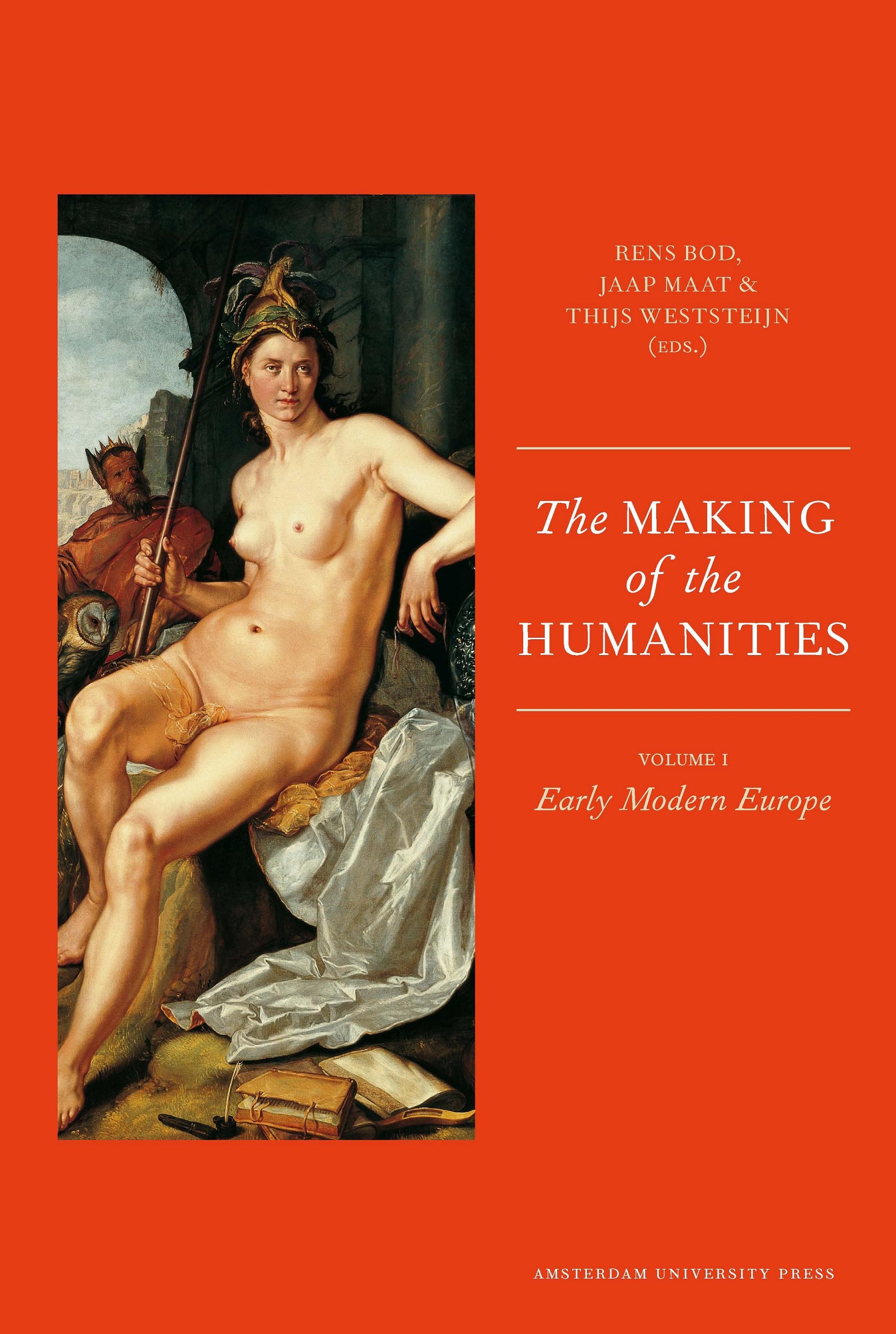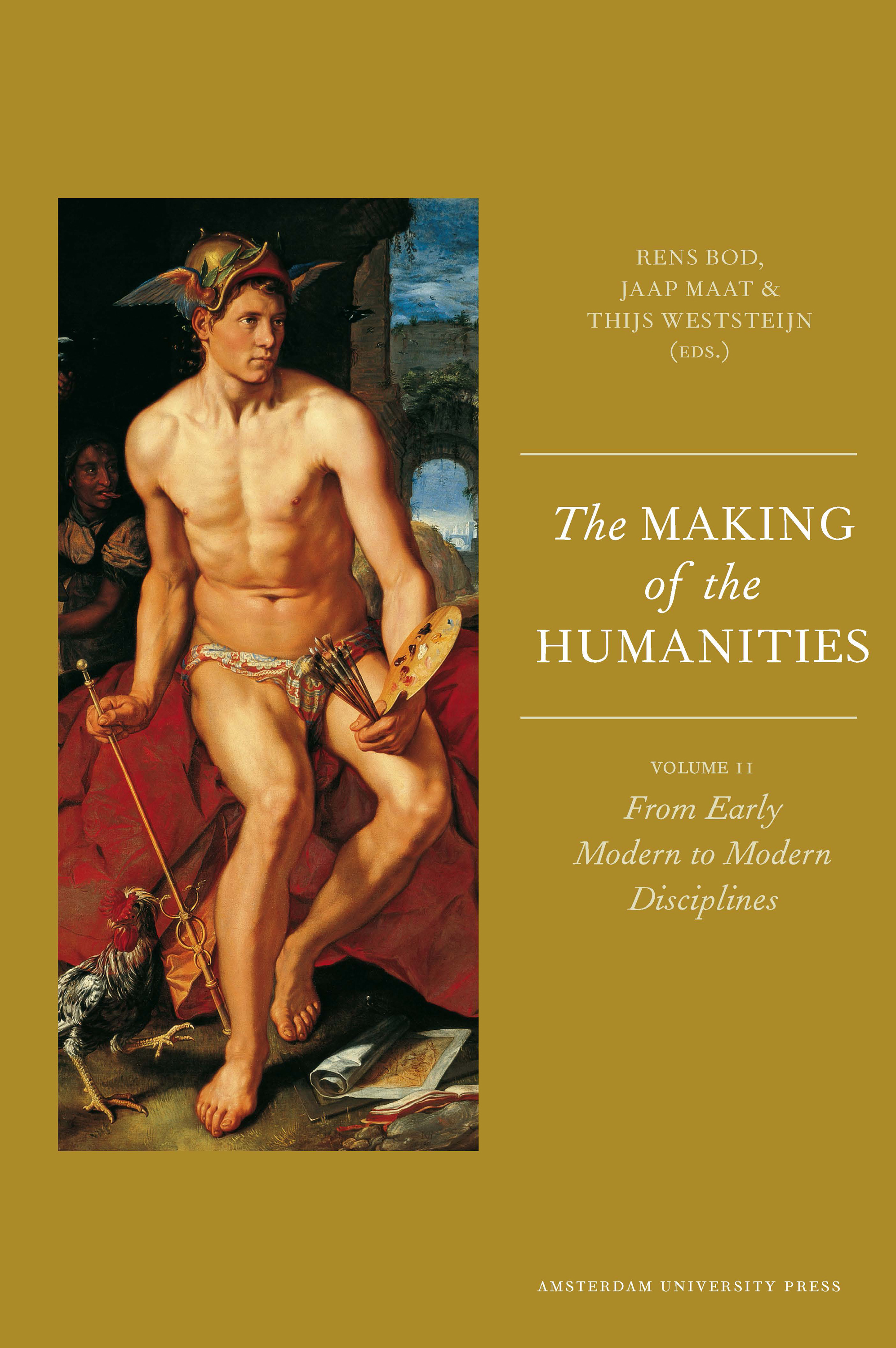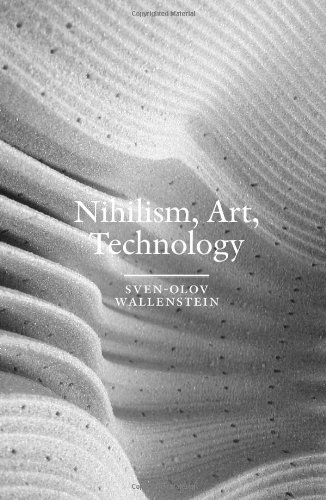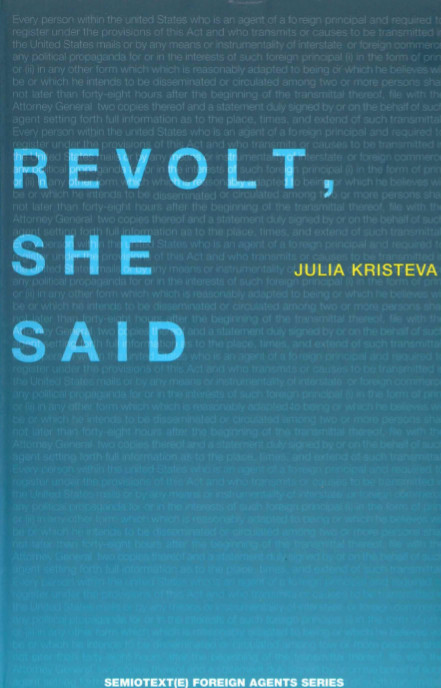Rens Bod, Jaap Maat, Thijs Weststeijn (eds.): The Making of the Humanities, Vols. 1–2 (2010–12)
Filed under book | Tags: · art, art history, historiography, history, history of philosophy, history of science, humanities, language, linguistics, literary theory, logic, musicology, philology, philosophy


“The Making of the Humanities is the first step towards the development of a comparative history of the humanities. Specialists in philology, musicology, art history, linguistics, literary theory, and other disciplines highlight the intertwining of the various fields and their impact on the sciences.
The first volume in the series focuses on the early modern period. Different perspectives reveal how the humanities developed from the ‘liberal arts’, via the curriculum of humanistic schools, to modern disciplines. The authors show in particular how discoveries in the humanities contributed to a secular world view, pointing up connections with the scientific revolution. The main themes are: the humanities versus the sciences; the visual arts as liberal arts; humanism and heresy; language and poetics; linguists and logicians; philology and philosophy; the history of history. Contributions come from a selection of internationally renowned European and American scholars, including Floris Cohen, David Cram, and Ingrid Rowland. The book offers a wealth of insights for specialists, students, and those interested in the humanities in a broad sense.
The second volume investigates the changes in subject, method and institutional context of the humanistic disciplines around 1800, offering a wealth of insights for specialists and students alike. Point of departure is the pivotal question whether there was a paradigm shift in the humanities around 1800 or whether these changes were part of a much longer process. The authors provide an overarching perspective including philology, musicology, art history, linguistics, historiography, philosophy and literary theory. They also make clear that the influence from the East, from the Ottoman Empire to China, was crucial for the development of the European humanistic disciplines.”
Publisher Amsterdam University Press, Amsterdam
Open Access
ISBN 9789089642691 & 9789089644558
400 & 432 pages
Reviews: Sandrine Maufroy (H-Net, 2011, of Vol 1), Anja-Silva Goeing (Renaissance Quarterly, 2012, of Vol 1), Charles G. Nauert (Intellectual History Review, 2012, of Vol 1)
Conference: 2008, 2010.
Publisher: Vol. I, Vol. II.
OAPEN: Vol. I, Vol. II.
Volume I – Early Modern Europe (updated on 2022-12-20)
Volume II – From Early Modern to Modern Disciplines (updated on 2022-12-20)
Volume III
Sven-Olov Wallenstein: Nihilism, Art, and Technology (2010)
Filed under thesis | Tags: · aesthetics, architecture, art, art history, avant-garde, nihilism, philosophy, technology

Beginning in an analysis of three paradigmatic instances of the encounter between art and technology in modernism—the invention of photography, the step beyond art in Futurism and Constructivism, and the interpretation of technology in debates on architectural theory in the 1920s and ’30s—this book analyzes three philosophical responses to the question of nihilism—those of Walter Benjamin, Ernst Jünger, and Martin Heidegger—all of which are characterized by an avant-garde sensibility that looks to art as a way to counter the crisis of modernity.
These responses are then brought to bear on the work of the architect Mies van der Rohe, whose “silence”—understood as a withdrawal of language, sense, and aesthetic perception—is analyzed as a key problem in the interpretation of the legacy of modernism. From this, a different understanding of nihilism, art, and technology emerges. These concepts form a field of constant modulation, which implies that the foundations of critical theory must be subjected to a historical analysis that acknowledges them as ongoing processes of construction, and that also accounts for the capacity of technologies and artistic practices to intervene in the formation of philosophical concepts.
Originally presented as a compilation thesis in theoretical philosophy, the work was published as a book by Axl Books in 2011.
Doctoral Thesis
Department of Philosophy, Stockholm University, 2010
ISBN 9789174470734
92 pages
Publisher (Thesis)
Publisher (Book)
PDF (Thesis; without images)
Comment (0)Julia Kristeva: Revolt, She Said (2002)
Filed under book | Tags: · art, disobedience, interview, philosophy, politics, psychoanalysis, revolution

“May ’68 in France expressed a fundamental version of freedom: not freedom to succeed, but freedom to revolt. Political revolutions ultimately betray revolt because they cease to question themselves. Revolt, as I understand it—psychic revolt, analytic revolt, artistic revolt—refers to a permanent state of questioning, of transformations, an endless probing of appearances.
In this book, Julia Kristeva extends the definition of revolt beyond politics per se. Kristeva sees revolt as a state of permanent questioning and transformation, of change that characterizes psychic life and, in the best cases, art. For her, revolt is not simply about rejection and destruction—it is a necessary process of renewal and regeneration.”
An Interview by Philippe Petit
Translated by Brian O’Keeffe
Edited by Sylvère Lotringer
Publisher Semiotext(e), 2002
Foreign Agents series
ISBN 1584350156, 9781584350156
139 pages
Reviews: Simone Roberts (Common Knowledge), Pramod K. Nayar (Philosophy in Review), Philip Goodchild (Ars Disputanti), Adrian O. Johnston (Metapsychology).
PDF (updated on 2017-6-26)
Comment (0)
